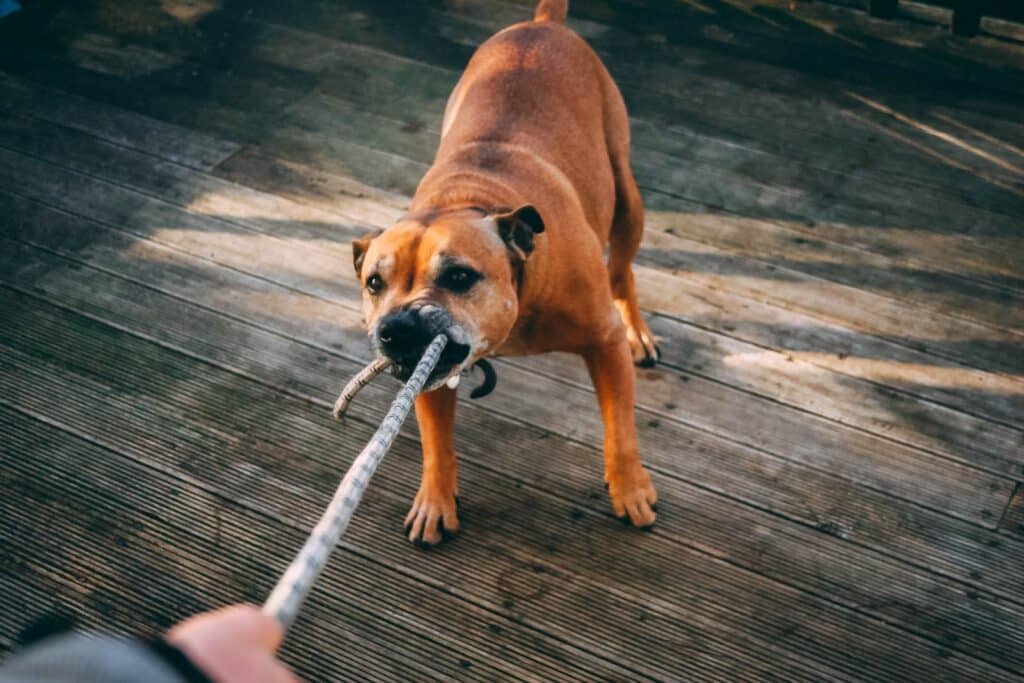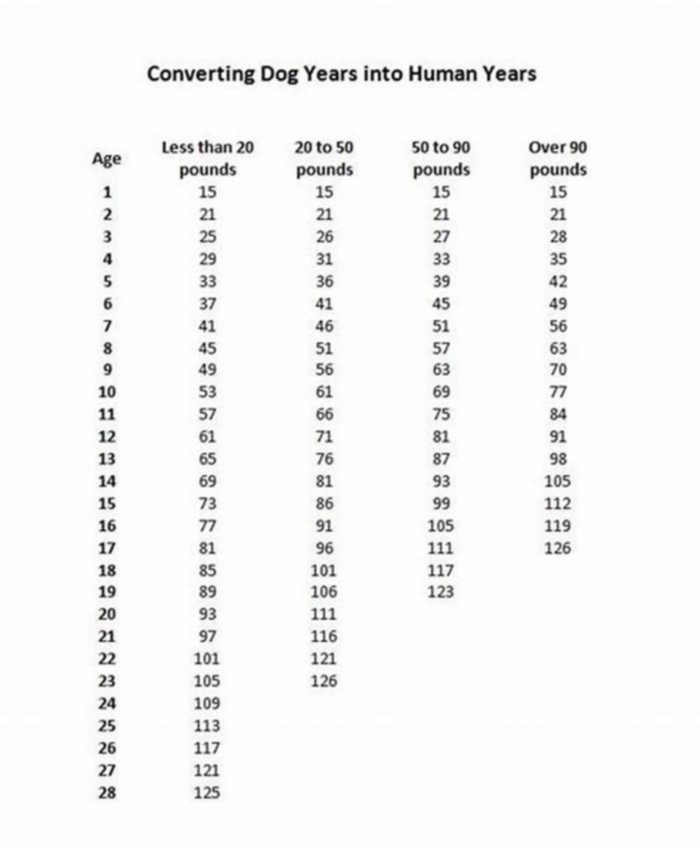Can a Boxer live to 15

How Long Do Boxers Live? Average Lifespan by Age and Gender
Boxers are a popular medium-sized breed known for their playfulness, loyalty, and unmistakable squashed muzzle. As an owner, one of the first questions you may ask is how long do boxers live? Understanding the average boxer lifespan can help you make the most of your time with your four-legged friend.
Average Lifespan of a Boxer Puppy

On average, boxer puppies will live between 10-12 years. However, several key factors impact an individual dogs longevity:
- Genetics: Lines bred from healthy, long-lived parents tend to live longer lives themselves. Reputable breeders screen for genetic issues that may cut a dogs life short.
- Nutrition: Providing high-quality commercial dog food designed for a boxers life stage supports development and lifelong health. Avoid over or underfeeding.
- Veterinary Care: Up-to-date vaccines, prompt treatment for illnesses, regular vet checks, and preventative care helps prevent early death from preventable disease. Spay/neuter by 6 months old.
- Environment: A safe, enriched home without hazards sets up good daily habits. Dangerous objects, household poisons, extreme weather, and more pose preventable threats.
- Exercise & Mental Stimulation: An active lifestyle maintains muscle tone and healthy joint function. Boredom can lead to destructive behaviors and emotional issues affecting lifespan.
If provided excellent care from the start, some boxers live past 12, but 10-12 years is the most common age range. Large breed dogs are generally shorter-lived than small dogs. Still, with attentive ownership, boxers can thrive throughout puppyhood into their senior years.
Average Lifespan of a Boxer Male vs. Female
You may wonder if male and female boxers have different expected lifespans. On average, females live around 1 year longer than males.
Typical longevity for each gender is:
- Male Boxers: 9 11 years
- Female Boxers: 10 12 years
The longer average female lifespan holds true for most dog breeds. Reproductive cancers later in life may impact males more significantly than females. Neutering/spaying also seems to add 1-2 years by preventing hormone-driven illnesses.
Regardless of gender, individual variation between dogs exists based on genetics, lifestyle factors, and chance. Providing premium preventative healthcare, regular vet checks, and an enriched home life gives every boxer a better shot at reaching their maximum lifespan potential despite gender.
Signs a Boxer Dog is Dying

Towards the end of a boxers life at 8, 10, 11 or 12 years old, you may notice signs of aging signaling diminished health or approaching end of life. Being aware of common age-related changes helps you cherish the moments left with an elderly boxer.
Signs your boxer may be approaching the final stage of life include:
- Labored breathing, panting without cause
- Loss of bowel or bladder control
- Difficulty walking, standing, or climbing
- Loss of appetite, weight loss
- Cloudy eyes, vision trouble
- Increased sleeping, lethargy, mood changes
- Seeking isolation, confusion
- Growths, lumps or masses on skin
A geriatric boxer requires extra gentle care such as soft bedding, home-cooked meals if tolerable, and adjusting exercise for their mobility limits. Short leashed walks or time together in the yard replaces rigorous play. Saying goodbye is hardest, but take pride in the happy healthy years you shared together.
Common Cause of Death for Boxers

Despite an active, loving boxers best efforts to stick around, health problems can cut their lifetime short. Knowing the most common age-related issues helps you catch early warning signs to extend your boxers time with you.
- Cancer: Sadly, cancer proves the end for approximately 1 in 3 boxers. Mast cell tumors, brain tumors, lymphomas, and hemangiosarcoma strike most commonly. Early detection and specialized care can prolong life.
- Cardiac Issues: About 1 in 10 elderly boxers succumb to end stage heart disease or heart failure leading to fluid in lungs or inefficient blood flow. Medication helps manage related congestive heart failure resulting from valve deterioration and cardiomyopathy.
- Neurological Diseases: Several nervous system issues like deafness, seizures, dementia and spinal conditions can decrease life quality and longevity around 8-12 years old. Medication, surgery or rehabilitation may slow the effects.
While boxers are at risk for other inherited conditions, cancer, heart, and brain diseases make up about 60% of early deaths before reaching the average lifespan. Advances in veterinary medicine now help many boxers stay active to 12 years old or more with careful monitoring and treatment.
Frequently Asked Questions About Boxer Lifespan
How long should I expect my boxer to live?
The average lifespan of a boxer dog is between 10-12 years with proper care, and some may exceed this. Large breeds generally live shorter lives than tiny toy breeds. Feed a complete commercial dog food for boxers life stage, keep up with vaccines, see the vet at the first sign of illness, spay/neuter, and lots of walks, play and affection from you!
What health issues may cut my boxers life short?
Cancer, cardiac disease, neurological conditions pose the greatest threats. Mast cell cancer, brain cancer, arterial and valvular heart defects, cardiomyopathy, deafness, dementia and spinal diseases tend to affect boxers prematurely starting around 6 -10 years old.
How will I know when my aging boxer is nearing end of life?
In elderly boxers over 9 or 10 years old, look for labored breathing, loss of continence, mobility difficulty, isolation, appetite and weight loss, confusion, vision trouble, and growths on the skin. Adjust their environment, meals and activity for comfort through final days filled with pats and praise.
Will a male or female boxer live longer?
Female boxers generally outlive males by about 1 year with average lifespans around 10-12 years vs. 9-11 years for males. Early spay/neuter adds another 1-2 potential years by reducing hormone-driven cancers and illness risks. All individuals vary, but attentive care helps every boxer reach their lifespan potential regardless of gender.
Rounding Up the Average Boxer Lifespan
From silly puppy to dignified senior, boxers make devoted companions during their 10-12 years of life. Knowing what to expect from your boxers age in dog years allows you to celebrate each phase. Stay alert for breed-specific health vulnerabilities as they grow older, and catch issues promptly for the best longevity odds.
With attentive ownership, even an elderly boxer thrives through pain-free golden years by your side. While saying final goodbyes is difficult, take comfort in providing a lifetime of tail-wagging adventures, cozy naps, healthy homemade meals, and endless cuddling on the couch. Thats a measure of true love and success as a boxer parent.
Life Expectancy of Boxer Dogs
If you have a Boxer dog or are thinking of adopting one, it's normal to be curious about their life expectancy. Although there are never guarantees, you will want to know what to expect for practical and emotional reasons. In this AnimalWised article, we'll provide details of the life expectancy of a Boxer dog and share some tips to help improve their quality of life while it's with you. In this way, you can better ensure they will live as long and as happy a life as possible.
Keep reading to find out about the life expectancy of Boxer dogs and what you need to know for your pet to live longer than usual.
How long do Boxer dogs live for?
In general, larger breeds live less than smaller breeds. While a Boxer is not considered a giant dog, they are considered to be a medium-large breed. Males measure up to 25" at the withers while female dogs measure up to 24". In terms of weight, Boxers can weigh up to 75 lb, although there are cases of larger dogs recorded. Due to their size, it likely their life expectancy will not be as long as others.
Boxer dogs usually live for 10 to 12 years, although we've found surprising cases of Boxers who have lived upwards of 15 years of age. The life expectancy of a Boxer dog may vary according to how well you look after them. Other factors include their state of health, their behavior and various environmental factors.
Learn more about big dogs with our list of giant dog breeds.
What factors influence a Boxer dog's life expectancy?
There are no special tricks or home remedies that can magically make your Boxer live beyond their life expectancy. Unfortunately, there are many issues which are out of our control. However, there are things we can do to maintain their health and better ensure longevity. Some of these are basic elements of their care, others require a little more consideration:
- Vaccination: there are certain pathological diseases which can infect dogs from a young age. Puppies are especially vulnerable due to a still-developing immune system. For this reason, establishing a vaccination schedule as soon as possible will be important. Vaccinations will differ according to region, so you will need to speak to your veterinarian about what works best for your dog.
- Deworming: similarly, there are certain parasites which can infest dogs. Fleas and ticks are some of the most common external parasites, but there are also internal parasites which can infest the dog from eating something they shouldn't or from larvae entering via another route. Regular deworming schedules will also be determined by your veterinarian on a case-by-case basis. Find out in our related article how often you should deworm your dog.
- Diet: every dog will need a balanced and nutritious diet. While we are fine to give them treats every once in a while, they should be used sparingly. Boxer dogs can be particularly greedy and have large appetites, so we need to be careful to avoid obesity. Provide good quality food in the correct portion sizes. If your dog has any issues regarding their health, they may need a specialized diet which should be determined by the vet.
- Exercise: all dogs need exercise, but not all need the same amount. Although a brachycephalic dogs, Boxers are also quite athletic. They tend to have a lot of energy and need proper stimuli to ensure physical conditioning. For this reason, we need to provide around 2 hours of exercise every day. This includes walks and other exercise such as training and running. They are not a breed suitable for sedentary families.
- Checkups: when the dog gets older, their exercise requirements will lessen. They will also be more susceptible to certain diseases and health problems. All dogs should be taken to the veterinarian once a year for a checkup. After 6 or 7 years of age, Boxer dogs should be taken twice a year as it is the best way to diagnose health issues early and best ensure a positive prognosis.
These are the basic elements of a Boxer dog's care needs. However, they will also need to be amended for the specific needs of the individual dog. This means their diet, exercise requirements, veterinary visit frequency and other factors may change. However, for more general information, take a look at our article on how to take care of a Boxer dog.
Common diseases of Boxer dogs
To finish our discussion on the life expectancy of Boxer dogs, it's important to be aware of the diseases to which this dog breed may be more prone. It will be fundamental to understanding what you should expect in the future. This is especially the case with senior Boxer dogs. As the dog get older, they will suffer the effects of aging and their care will need to be adjusted.
As mentioned above, Boxers are a brachycephalic dog breed. This refers to their morphology. Genetic inheritance due to selective breeding has led the Boxer dog to have a flattened snout, elongated soft palate and other issues related to brachycephalic. Although not as pronounced as other brachycephalic dogs, such as the Pug, this can result in various respiratory, cardiac and other health problems.
The Boxer dog is also prone to certain issues with their bone structure. They are a breed which is particularly prone to hip dysplasia, so we need to monitor their gate and look for any trouble when walking.
Finally, Boxer dogs are also prone to certain heart diseases. This is related to their genetic inheritance also. In fact, Boxers have a type of heart disease specific to them known as Boxer cardiomyopathy (BCM). This is a condition which results in an irregular heartbeat leading to weakness and it can even be fatal. It is another important reason why veterinary checkups are so common.
Other health issues which relatively common in Boxer dogs include:
Even if your dog doesn't currently show signs of any of the above, you should pay close attention to their health, especially when they get older. It's important to know how to care for a senior dog, because the earlier a disease is diagnosed the easier it is to treat. Ask your vet for advice.
You should also reduce the amount of exercise they receive (especially if they suffer from a heart condition) and start doing specific exercises for older dogs.
Furthermore, if you know your dog's genetic lineage, you can ask previous owners if their dog suffered from any problems. Being aware of the parents' state of health will tell you which particular problems your dog is likely to suffer from, since genes are an important factor.









